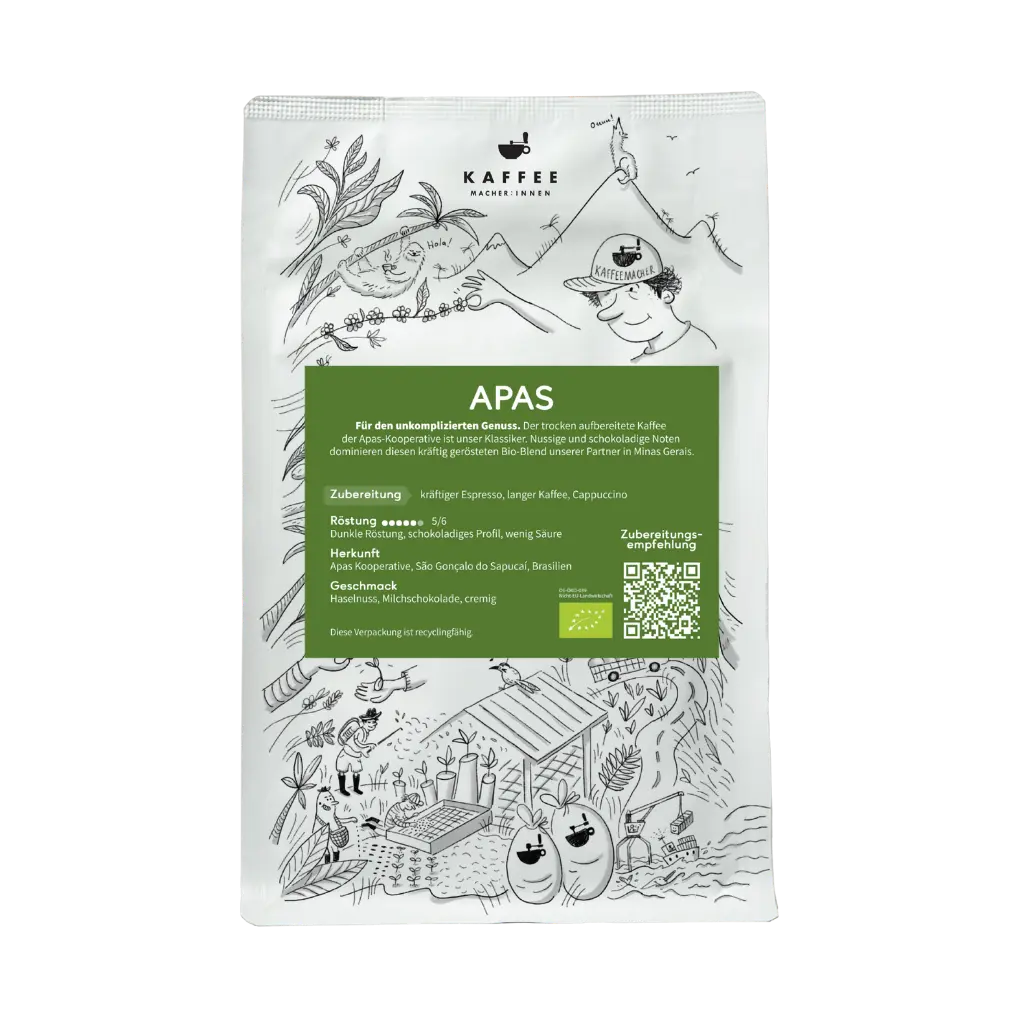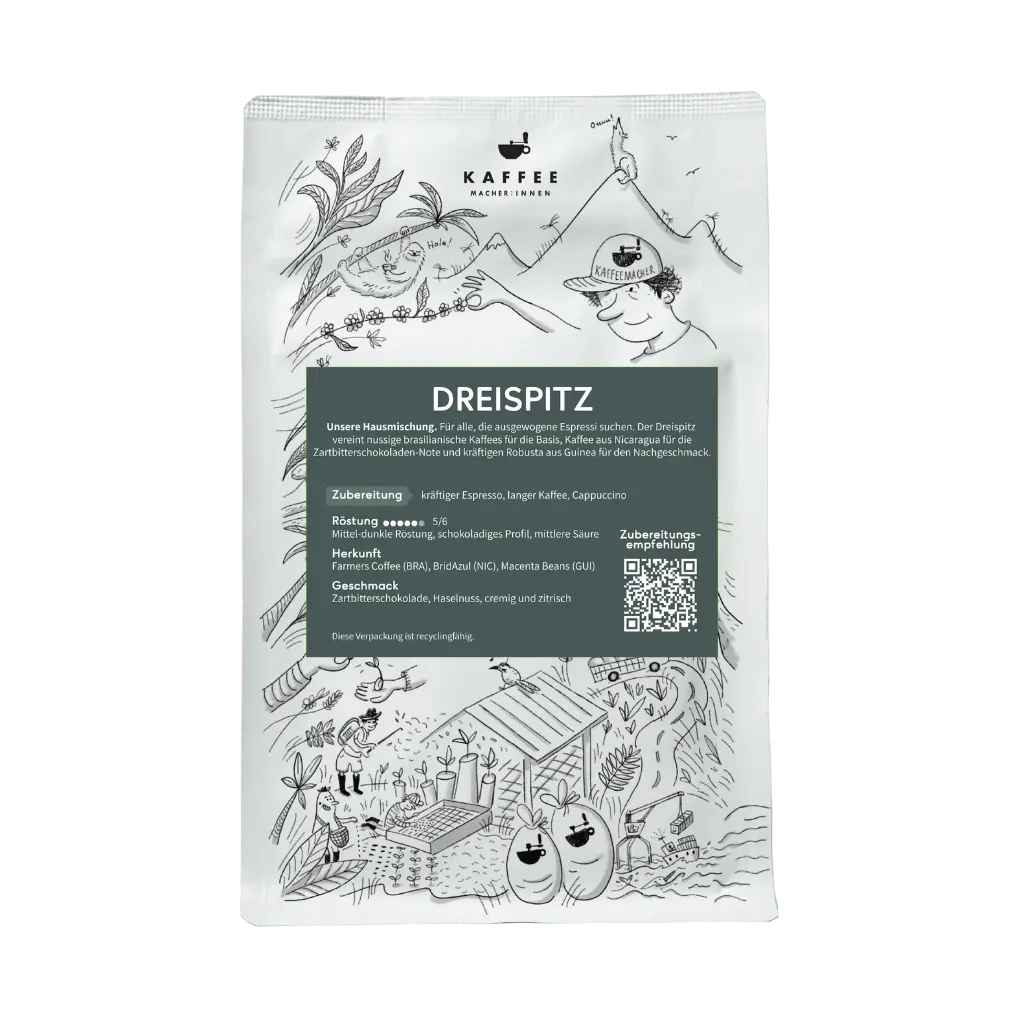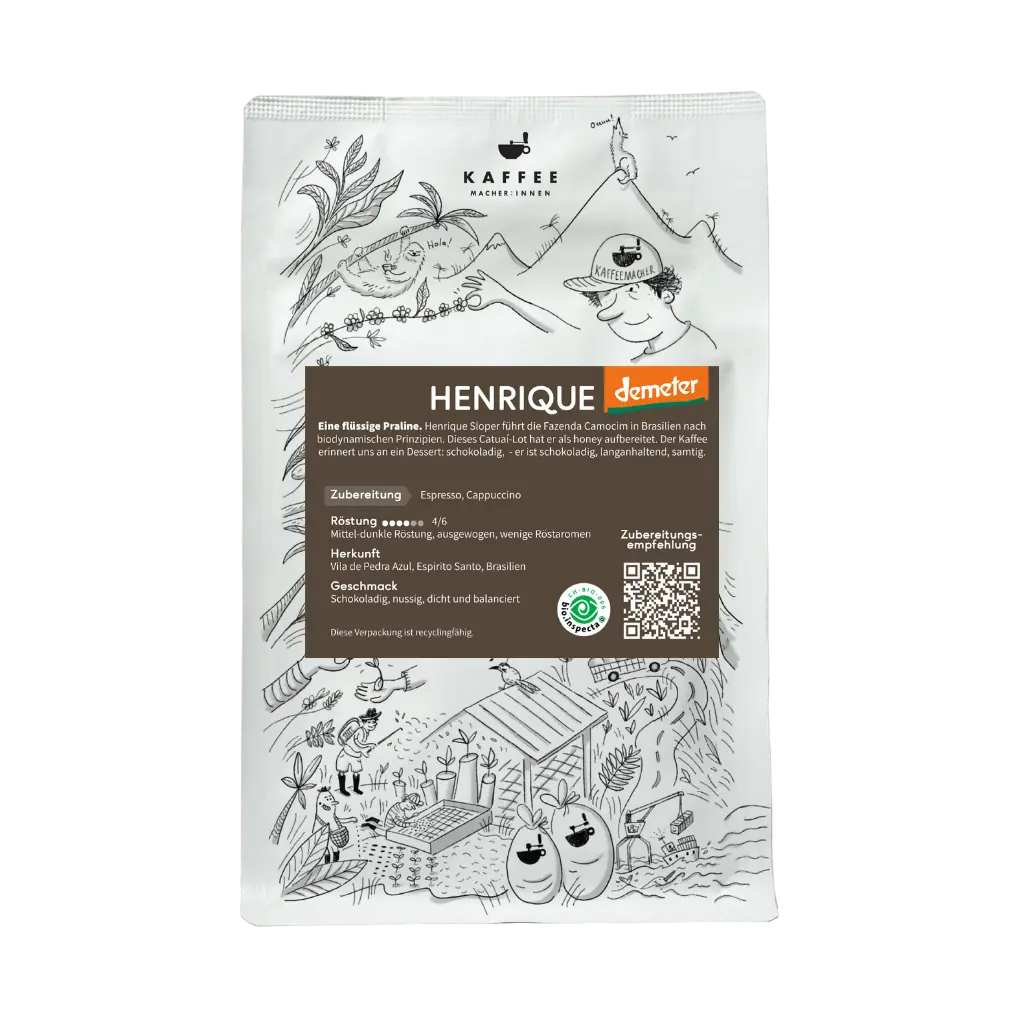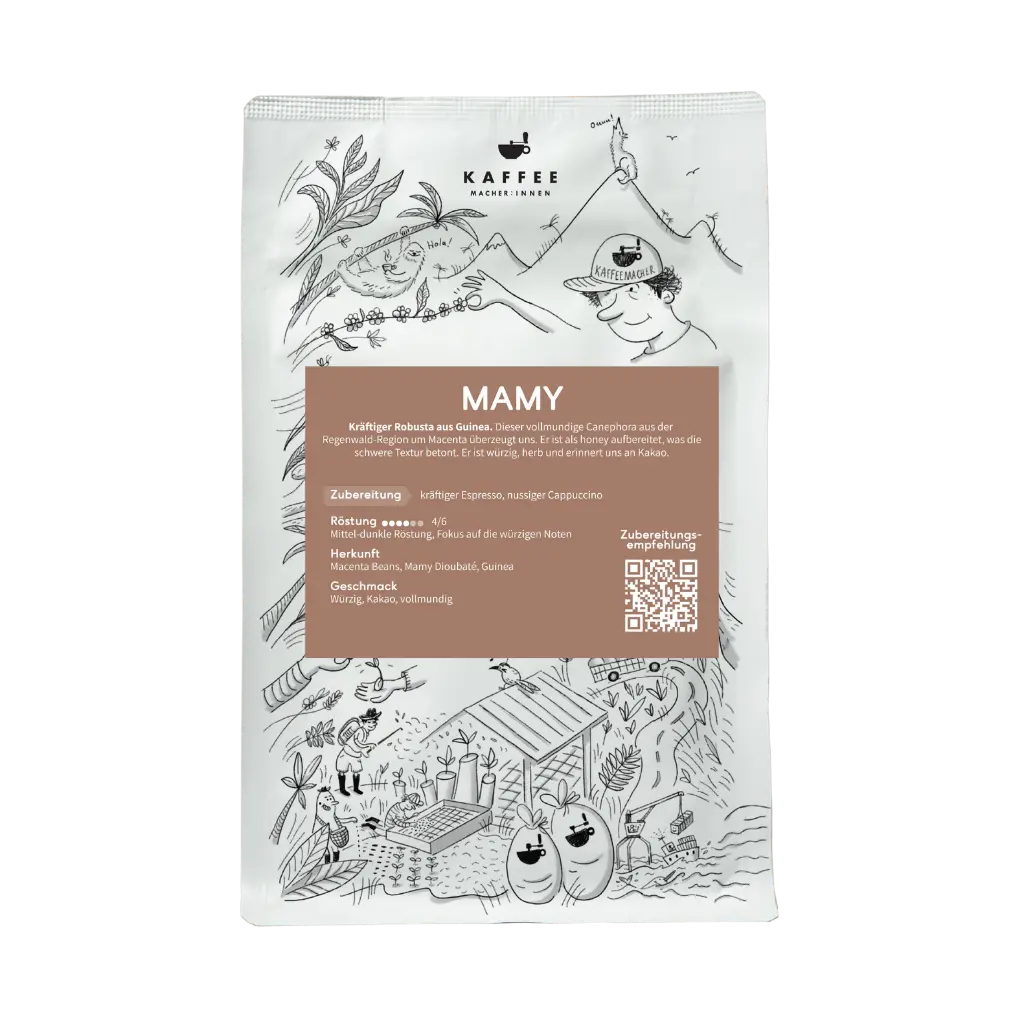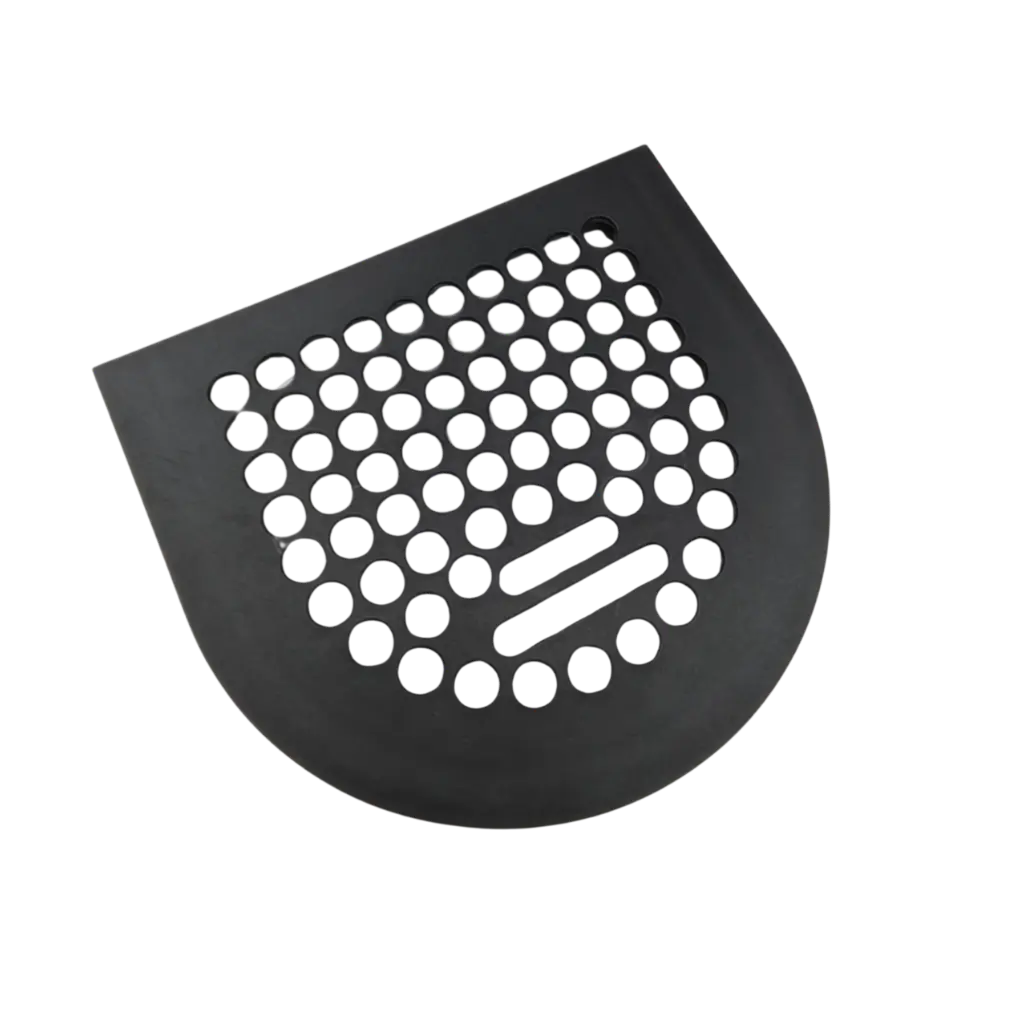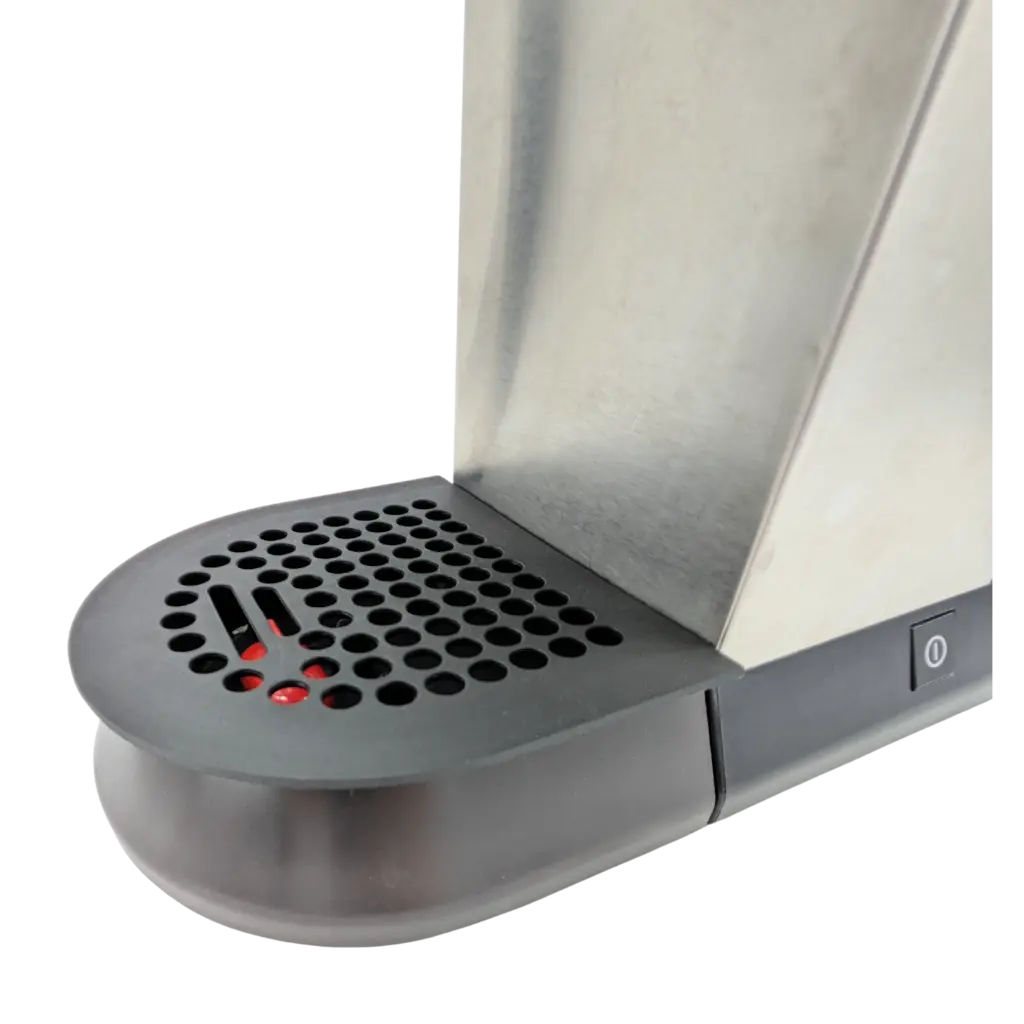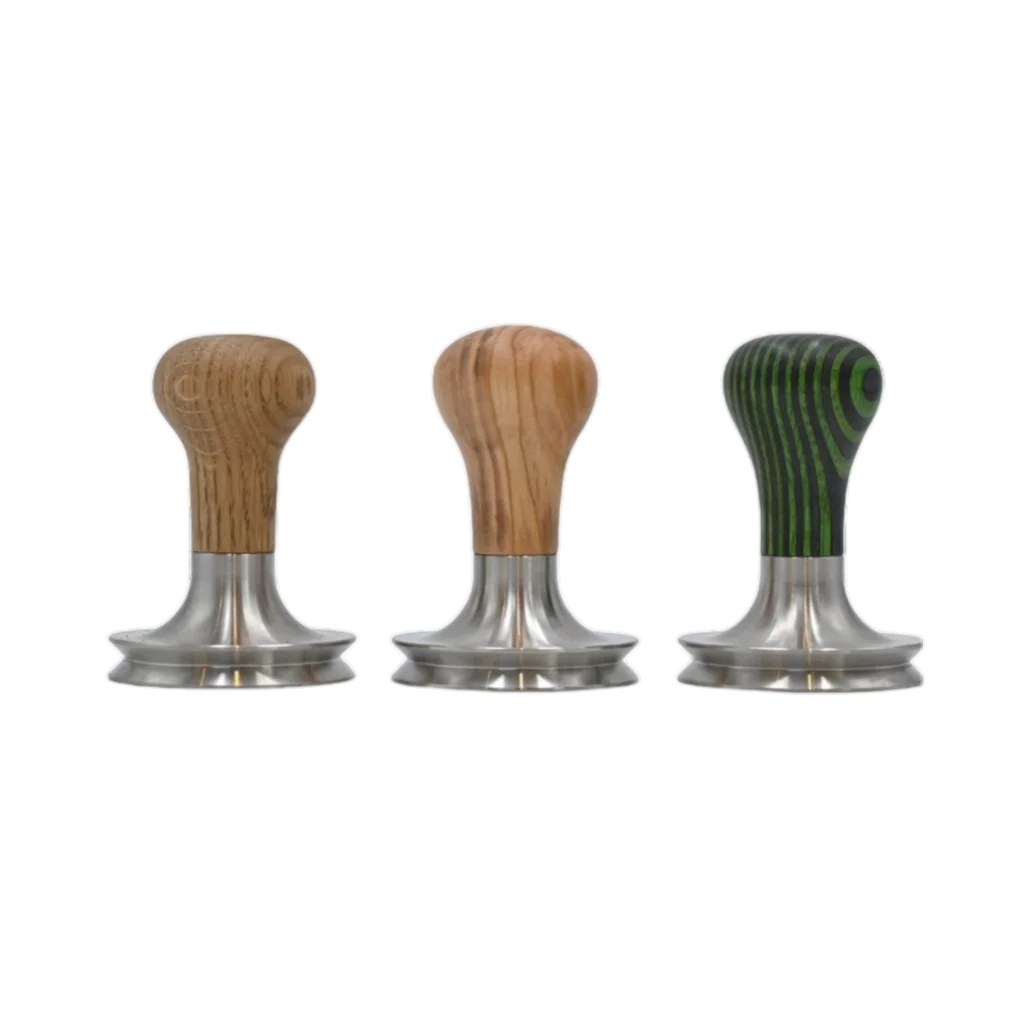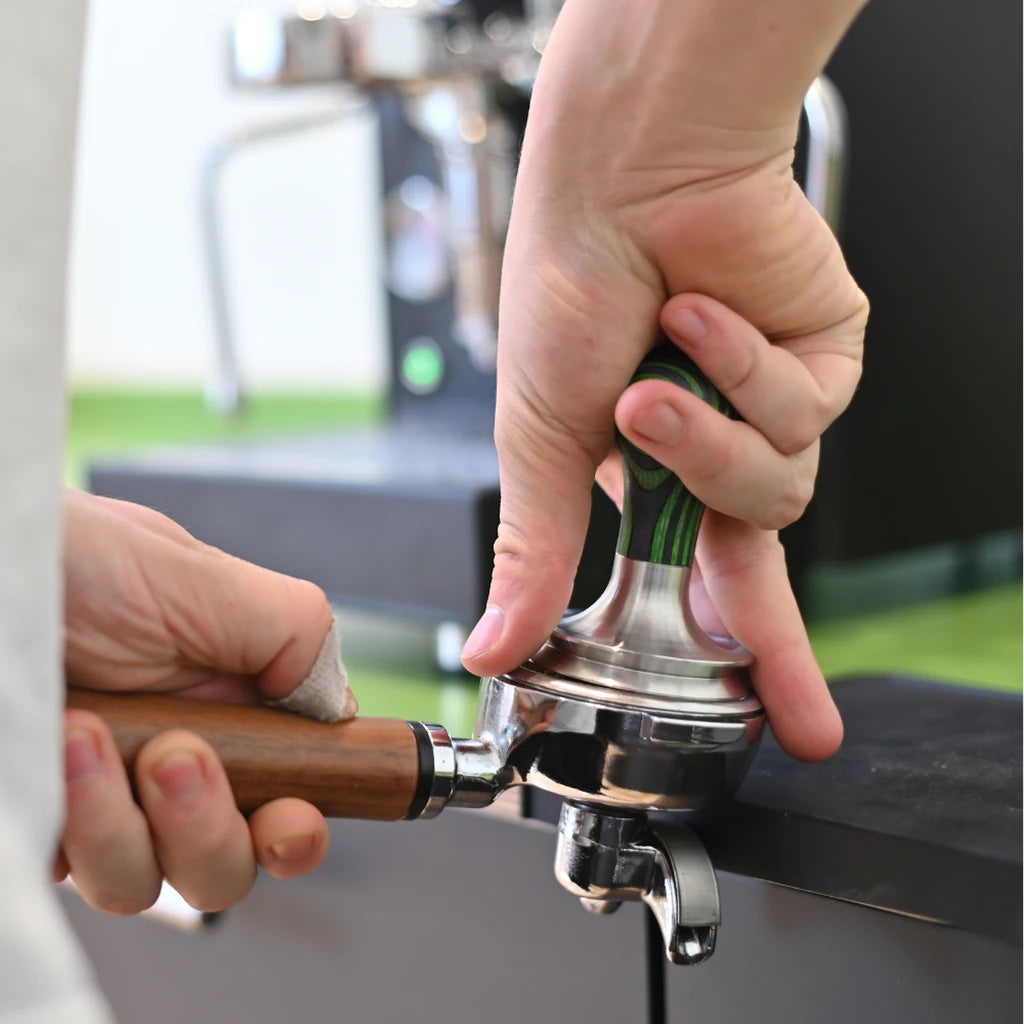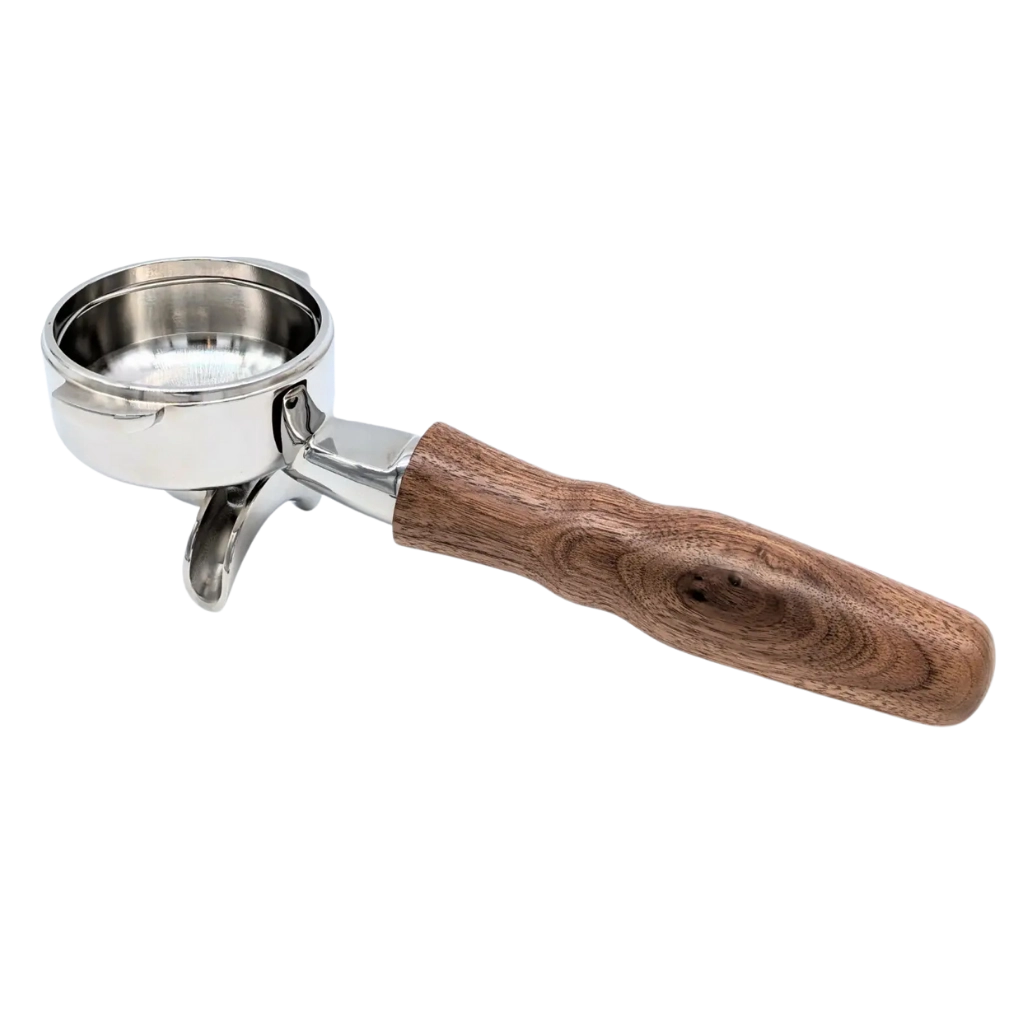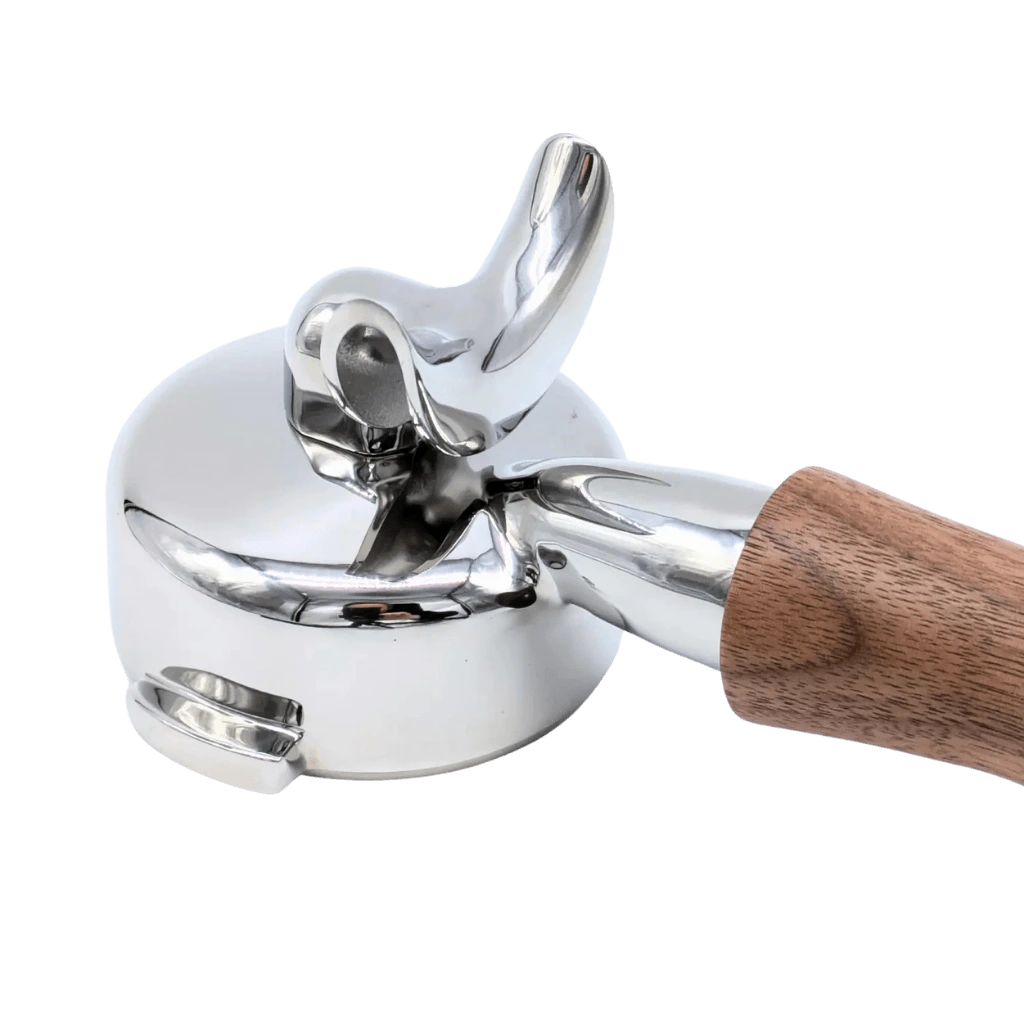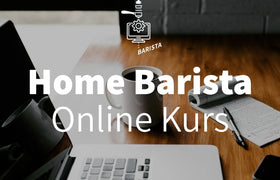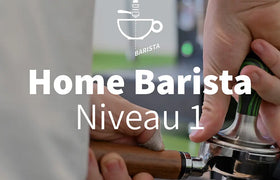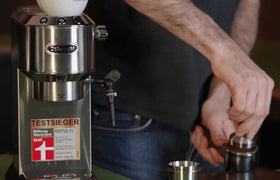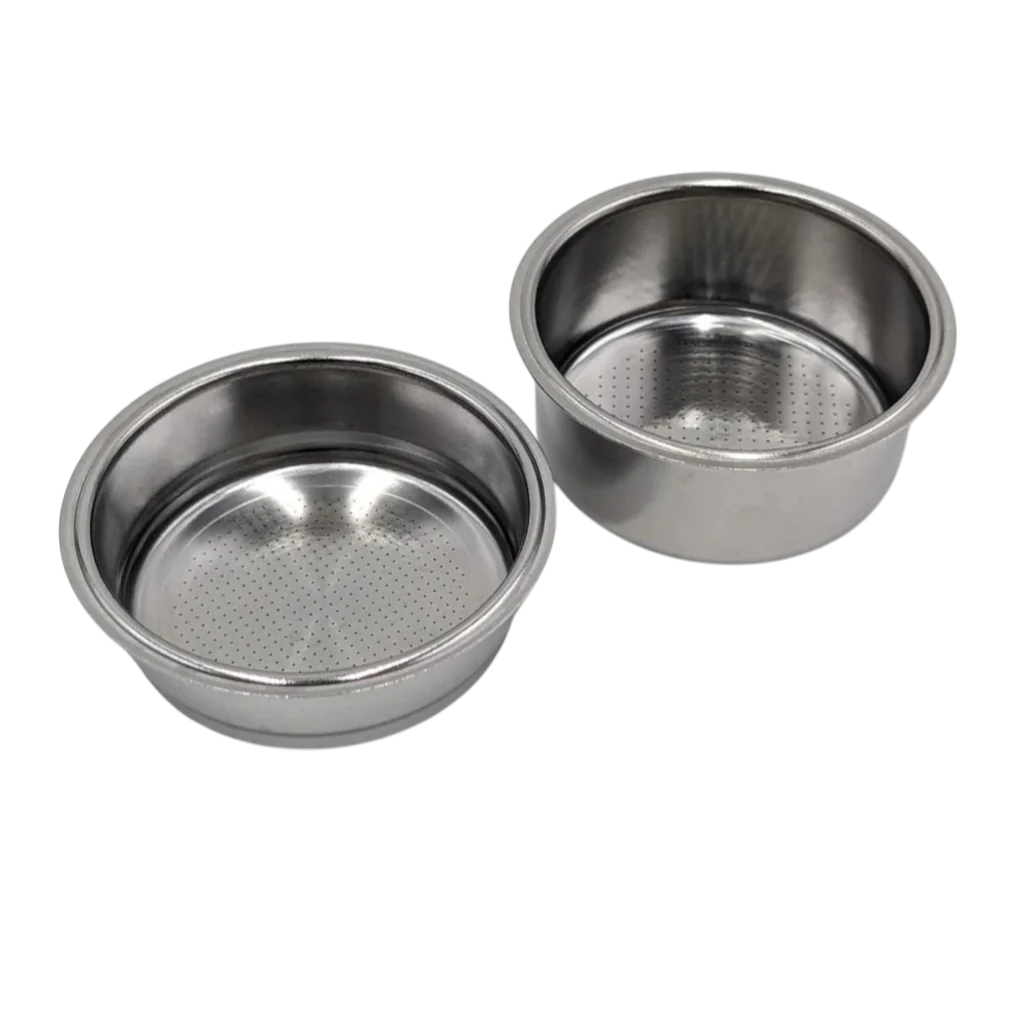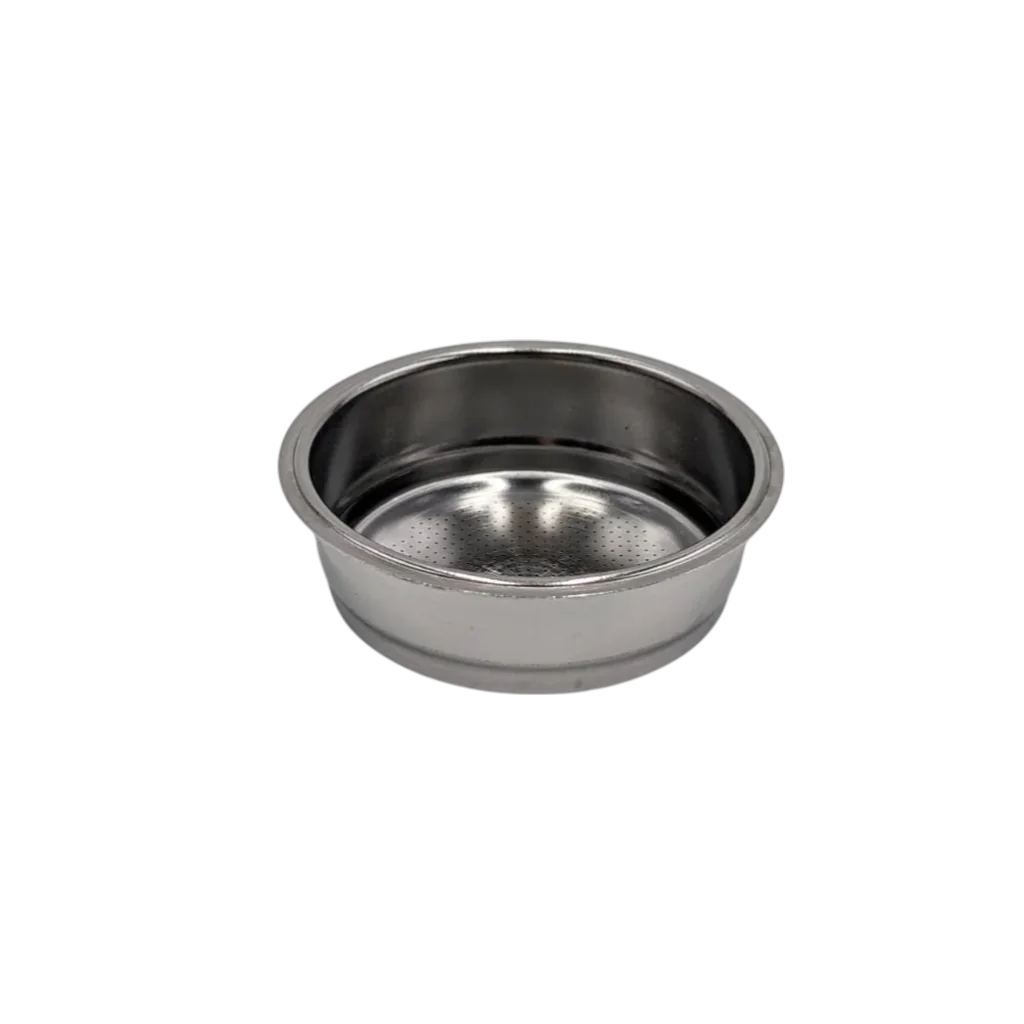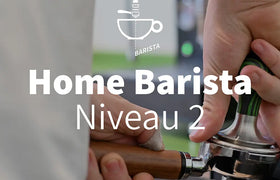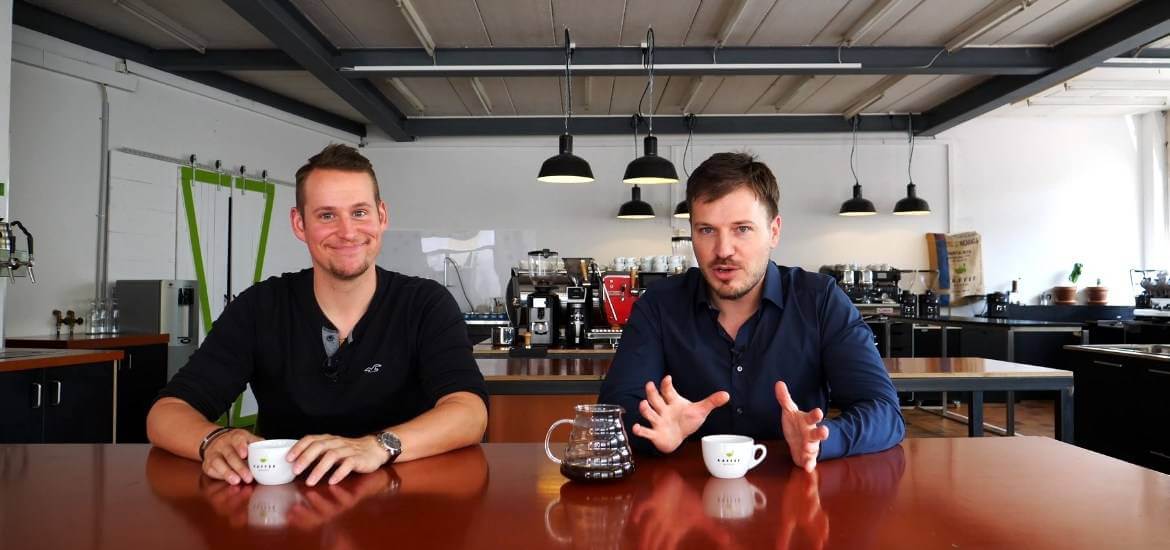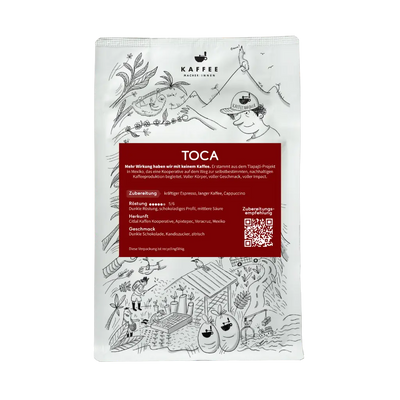The Coffee Quality Institute 's (CQI) Q-Grader program is the world's most prestigious coffee sensory training program. Q-Graders undergo a demanding training and examination program. In 20 exams, they demonstrate their ability to sensorially evaluate coffee and identify and evaluate defects in green (unroasted) coffee.

Q-graders analyze coffee quality using a standardized cupping and evaluation protocol. They are calibrated to provide objective evaluations. They rate the quality and intensity of a coffee's acidity, body, flavor, and aroma with a score between six and ten. Coffees rated above 80 are considered specialty coffees.
A Q-grader in Singapore grades coffees on the same basis as a grader in Korea or Mexico. A Q-grader's license is valid for three years. Afterward, a Q-grader must undergo calibration and license renewal.
The Q-Grader program was created to evaluate Arabicas. There is now also a protocol for evaluating Robustas, the R-Grader program.
Swiss, German and Austrian Q-Graders
The following Q-graders are currently active in Switzerland (follow the link and search for "Switzerland"). Around 50 Q-Arabica graders are now certified in Switzerland. This is a considerable number, compared to Germany, for example, where 31 Q-Arabica graders are certified. This high density also reflects Switzerland's importance as a location for trade and the assessment of coffee quality. Austria has 6 Q-graders, Great Britain 9.
Q-Grader Exam
All 20 exams must be passed. Failed exams can be retaken twice within 18 months.
General Coffee Knowledge
100 questions on coffee cultivation, processing, brewing, roasting, and the coffee market. Knowledge of the SCAA manuals is assumed (Water Quality, Coffee Cuppers, Coffee Brewing, Coffee Processing, etc.).
3 x Sensory Skills Test
Three tests must be completed. They all revolve around recognizing and evaluating salt, acid, and sweetness in solutions.
- 1 – 2: Identification and ranking of three solutions each
- 3: Mixed samples, in which, for example, sweetness of intensity I is paired with salt of intensity II, must be identified.
4 x Cupping Skills Test
6 coffees from the following four groups must each be correctly evaluated in a separate coffee.
- Washed Milds (Central America)
- African coffees
- Asian coffees
- Naturally processed coffees
Olfactory Skills Test (4 tests in 2 parts)
The different flavors of le Nez du Cafe must be identified and classified.
Triangulation tests
A triangulation test is conducted for each of the four groups of the cuppings test. Participants must discriminate between six sets of three cups each, each with a different cup.
Organic Acids Matching Pairs
Four of the acids found in coffee must be identified: acetic, malic, phosphoric, and citric acid
Arabica Green Coffee Grading
350g of green coffee must be sorted and evaluated. Defects must be noted, counted, and evaluated, and the coffee graded.
Arabica Roasted Coffee Grading
Roasting defects must be identified in a 100 g batch.
Roasted Sample Identification
From four brewed coffees, you have to identify which coffee is “underdeveloped,” “over-roasted,” “baked,” or “perfectly” roasted.
More information about Q-Grader is available here directly from the Coffee Quality Institute.
Starting in October 2025, a new assessment method, the Coffee Value Assessment, will be introduced. We have discussed and analyzed this in detail here .
The professional field of the Q-grader
Q-graders work as professional coffee tasters in both export and import. They serve as a relay function, providing feedback on the quality of the coffee to the coffee producer and also providing information to potential buyers. The Q-grader's assessment significantly determines the selling price of a green coffee.
In addition, many larger companies have appointed Q-graders to positions in development and quality control. A growing number of smaller roasters also have Q-graders, thus opening up a new vocabulary.
Part of the Q-Grader training involves developing linguistic expressions that match sensory impressions. You learn to describe coffee as precisely as possible using a grid. If you speak this language, navigating the store becomes much easier.
Initially, both Philipp and I found that the Q-Grader training made many conversations with local tasters easier. On the one hand, you're united in the fact that you've passed a truly difficult exam. On the other hand, there's no need to spend a long time trying to figure out what everyone means by quality. It makes communication much easier when you verbalize what you're looking for.
Our Q-Graders ![]()
Nadja Schwarz is now the fourth Q-Grader in the group. She learned the precise analysis and description of green coffee during her time as a lab manager and confirmed her skills with the Arabica and Robusta Q-Grader. Her affinity for wine (WESET 3) and interest in the influence of the environment on the sensory development of food give her multifaceted insight into the area of flavor complexity. She is also our sensory course instructor.
Michel Indelicato is our third Q-grader. With just three of us, we could theoretically form a complete panel, as the final evaluation of a coffee requires three Q-graders. However, we believe it makes sense to have at least one external Q-grader contribute to the evaluation, as we are very well calibrated through our daily interactions with each other. This also carries the risk of slightly deviating from global calibration.
Philipp Schallberger has been a Q-Grader for several years. He completed this training while working in research and development at Delica AG. His many years as a judge at national and international coffee championships have made him an experienced judge. Philipp has taught our sensory courses for many years, as he is second to none in his ability to articulate flavor descriptions. He also benefits from his extensive training as a wine connoisseur and his ability to make numerous cross-references.
Benjamin Hohlmann is an Arabica and Robusta Q-grader. He also successfully completed a sensory coffee qualification at the ZHAW Wädenswil University of Applied Sciences. The German Cup Tasting Champion and a regular on the podium at the Swiss Cup Tasting Masters has delved deeply into the subject of coffee sensory analysis, primarily through his own participation in championships. A breakthrough for him was his participation in the Brewers Cup and the Cup Tasting World Championship. Months of training and concentrated tasting permanently push the boundaries of one's own taste perception.
Sensory training is possible through private training, courses, and constant practice in everyday life. Our sensory courses can contribute to this.



